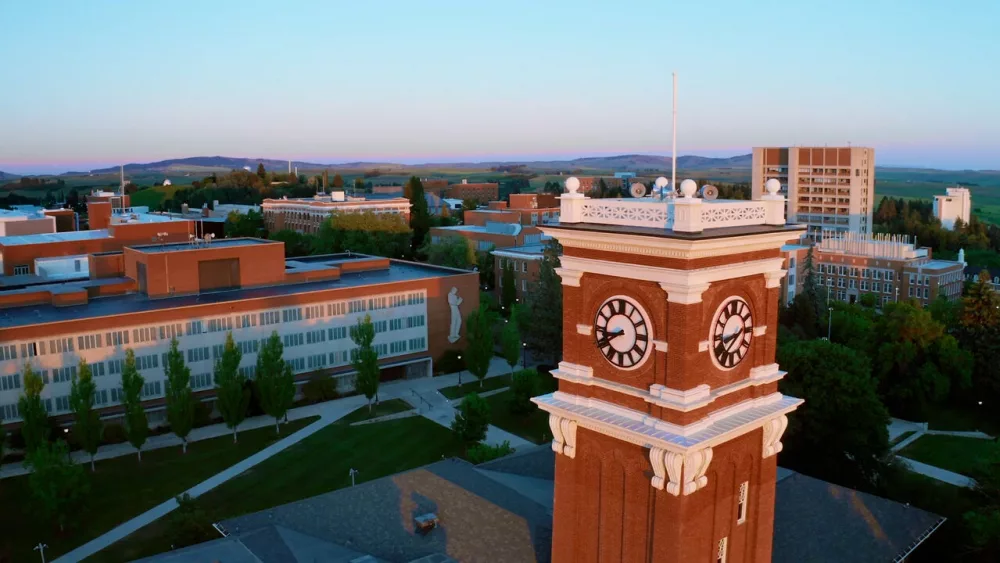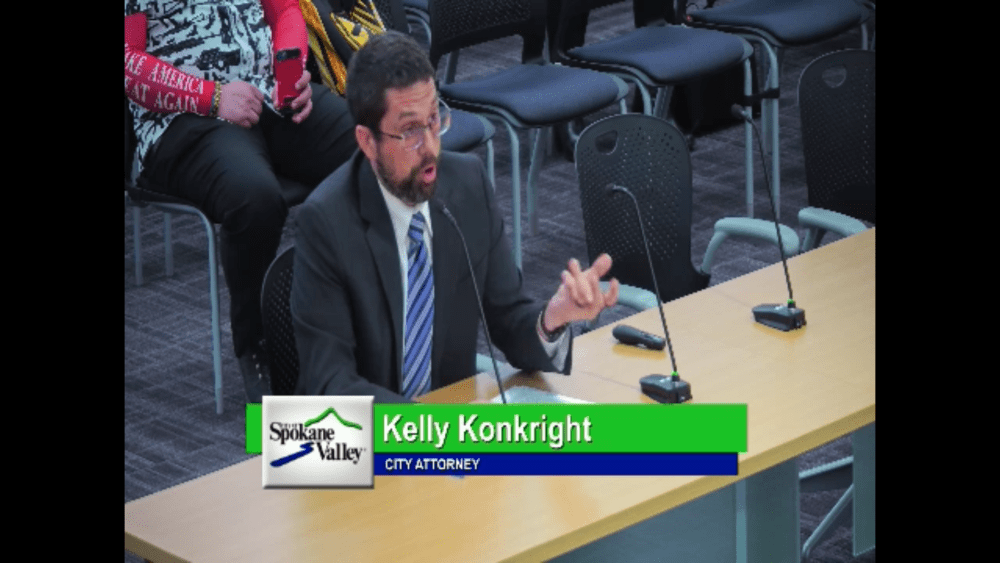(The Center Square) – As Washington state Democrats push for a three-fold increase in property taxes to raise revenue for cities and counties, a member of the minority Republican party suggests he has “a better way that does not raise taxes.”
Rep Chris Corey, R-Yakima, says a Democratic plan of giving cities and counties the ability to increase property taxes by 3% a year – compared to the current 1% cap – to raise more revenue is not the way to go.
Instead, Corry’s HB 2336 would reduce the state sales tax by one-half percent and let local governments raise revenues through a voter approved one-half percent sales tax increase.
“I am pushing for a hearing but am not getting any positive feedback right now, though I think this is a great alternative to just go ahead and telling cities and counties raise property taxes. This is net-neutral to the taxpayers which is important to me, especially when you look at ballooning budgets.”
Corry pointed to the fact Washington state has a 3-billion dollar budget surplus and said, “If some of our local cities and counties are struggling we need to give them the option of being able to fund a lot of the mandates we’ve put on them through the last several years.”
“It’s really easy for us in Olympia to say, go ahead we’ll remove that cap for you,” but that doesn’t address the realities that a lot of our local elected officials are facing.”
During a Tuesday briefing with reporters, Democratic Majority Leaders were pressed on the housing affordability crisis.
“I think everybody would like to see predictability in their budget, said Joe Fitzgibbon, D-Burien. “On one hand I think we here from folks who say 3% increase for property taxes is too much, but a 15% increase in rents is too low.”
Corry tells The Center Square, “In a state that has a 3-billion dollar surplus we can fund priorities while also providing some direct tax relief or the ability for cities and counties to not have to come to us asking for money they can do it directly.”
His bill was referred to the House Local Government Committee but has yet to receive a hearing, with Feb. 1 being the deadline for bills to pass out of the committee they are referred to.





